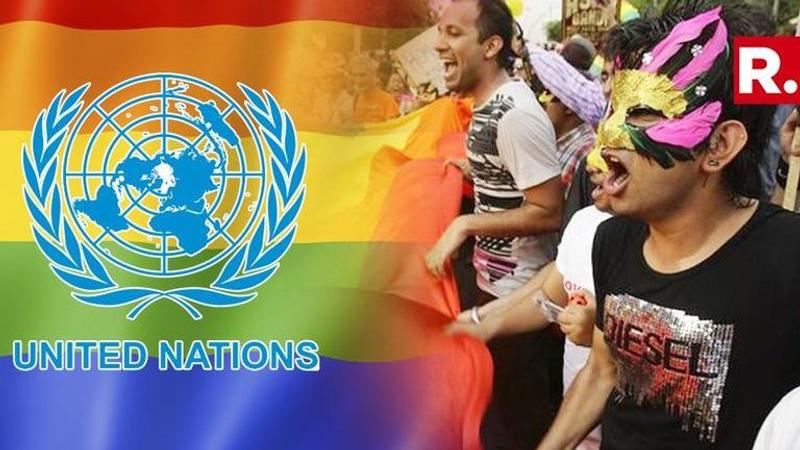Published 12:43 IST, September 6th 2018
India Rejects Section 377: United Nations welcomes 'landmark' Supreme Court judgment decriminalising homosexuality. Read it here
Minutes after the Supreme Court of India gave a unanimous verdict holding Section 377 (to the extent of sexual acts between consenting adults) as unconstitutional, the United Nations in India has welcomed India decriminalising gay sex.

Minutes after the Supreme Court of India gave a unanimous verdict holding Section 377 (to the extent of sexual acts between consenting adults) as unconstitutional, the United Nations has welcomed India decriminalising gay sex.
Here is the full statement:
United Nations In India Welcomes Supreme Court Judgment Striking Down Section 377
The United Nations in India welcomes the landmark ruling by the Supreme Court of India striking down a key component of Section 377 of the Indian Penal Code which criminalized specific sexual acts between adults, a law dating back to British colonial rule that has targeted in particular lesbian, gay, bisexual, transgender and intersex (LGBTI) individuals and communities.
Sexual orientation and gender expression form an integral part of an individual’s identity the world over, and violence, stigma and discrimination based on these attributes constitute an egregious violation of human rights. LGBTI persons across the world continue to be the targets of violent attacks and are affected by multiple and intersecting forms of discrimination based on age, gender, ethnicity, disability and social status.
The UN in India sincerely hopes that the court’s ruling will be the first step towards guaranteeing the full range of fundamental rights to LGBTI persons. We also hope that the judgment will boost efforts to eliminate stigma and discrimination against LGBTI persons in all areas of social, economic, cultural and political activity, thereby ensuring a truly inclusive society. The focus must now be on ensuring access to justice, including remedy; effective investigations of acts of violence and discrimination; and effective access to economic, social and cultural rights.
Earlier, five judges, with Chief Justice of India Dipak Misra speaking on behalf of Justice Khanwilkar, had given their verdicts in the case, each raising separate points. Read what each of them said here.
Updated 13:25 IST, September 6th 2018




